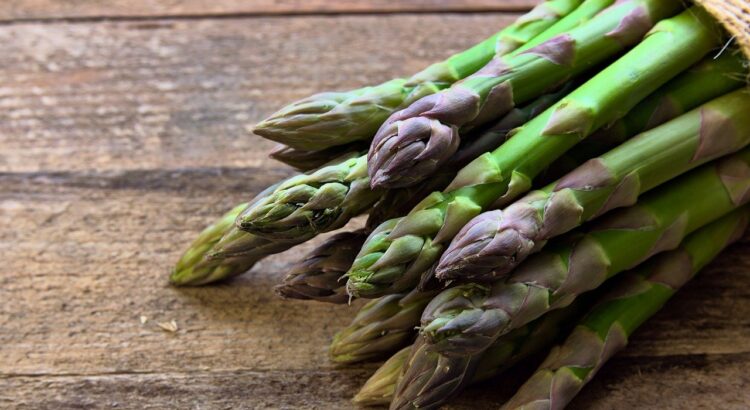The asparagus season is underway. After eating them, most people’s urine has a characteristic, strongly cabbage-like smell. Scientist from the Institute of Animal Reproduction and Food Research of the Polish Academy of Sciences in Olsztyn reassures that this is only the effect of metabolism of the substance contained in asparagus.
The main factor is aspartic acid (so-called asparagic acid). – This is a harmless substance from the group of organic acids containing sulphur atoms. The effect of transformations of this acid in our digestive system is the formation of metabolites, which are easily expelled from our organism in urine, and it is their presence that is attributed to the characteristic smell of urine, explains Dr. Małgorzata Starowicz of the Department of Chemistry and Biodynamics of Food of the IARFR PAS in Olsztyn.
The smell of urine after eating asparagus can resemble the smell of boiled cabbage. – This is due to compounds that are formed in the metabolic pathway after asparagus consumption. So far, four compounds have been identified that could potentially be responsible for the peculiar urine odour: methanethiol, dimethyl sulphide, dimethyl sulfoxide and dimethylsulfone (all of which contain sulphur atoms in their structure). But there is nothing to be worried about – this is a natural process that occurs in every organism, adds the scientist.
Aspartic acid is only found in this concentration in asparagus – hence its name. The urine odour itself appears quite quickly, sometimes even 15-20 minutes after eating these vegetables.
Interestingly, not all people can smell the odour. This has to do with a single nucleotide polymorphism in the olfactory receptor genes – in other words: some people may have this gene and others not. In addition, there is a group of people who do not produce volatile metabolites of this acid, the consequence of which is the absence of the characteristic urine odour after eating asparagus. This phenomenon has not yet been explained.
The study of urine odour can be helpful in diagnosing metabolic diseases, and its unpleasant smell could indicate disease symptoms, hence the interest of scientists in the subject of compounds released from urine. The literature mentions that the content of methanethiol in urine (formed by metabolic changes after asparagus consumption) was determined by Marceli Nencki, a Polish scientist, physician and chemist who lived in the second half of the 19th century. – No abnormalities in the metabolism of the constituents contained in asparagus have been demonstrated, i.e. it is completely safe to eat asparagus, the scientist recalls. Both green and white asparagus are a good source of vitamins A, B1, B2, C and E and the minerals Mg, P, Ca and Fe. Other key valuable components of asparagus are essential oils, asparagine, arginine, tyrosine, flavonoids (kempferol, quercetin and rutin) and tannins. – The above-mentioned compounds have strong antioxidant, immunostimulating, anti-inflammatory or antimicrobial properties, highlights Małgorzata Starowicz.
